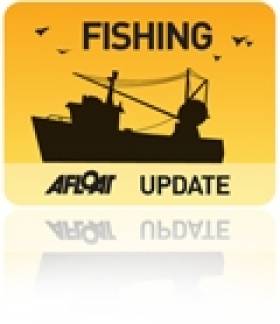Displaying items by tag: EU Directives
NI Faces Big Fine Over Horse Mussels
#MARINE WILDLIFE - Northern Ireland faces a whopping £8 million (€9.6 million) fine from the EU over its failure to protect horse mussels.
According to BBC News, "little has been done" to protect horse mussel reefs in Strangford Lough despite promises from two government departments as far back as six years ago.
Last year Afloat.ie reported on a study from Queen's University Belfast that revealed the extent of damage to horse mussel reefs in the lough by fishing activity.
Strangford Lough is officially protected as a Special Conservation Area and a Marine Nature Reserve, as well as an Area of Special Scientfic Interest, but as BBC News states, "in reality there has been little protection put in place".
Horse mussels are pivotal to the lough's ecosystem, as some 100 other species rely on the reefs formed by the mussels in the seabed for their habitat.
NI officials now have just a few months to persuade the European Commission that they are taking strong action to protect the species, otherwise they will be charged with breaking EU directives.
BBC News has more on the story HERE.
Galway Oystermen Meet Minister Over Licence Cap
#FISHING - Fishermen from Galway met Minister for Natural Resources Pat Rabbitte at Leinster House yesterday to voice their concerns over a cap on oyster dredging licences, Galway Bay FM reports.
Local fishermen in the inner Galway Bay-Clarinbridge area are concerned that their livelihoods are at risk after the European Union ruled that there is over-intensification of fishing at the oyster bed.
Only 13 dredging licences have been issued this year, and EU Directives prevent their further issue until a fisheries management plan is introduced.

























































